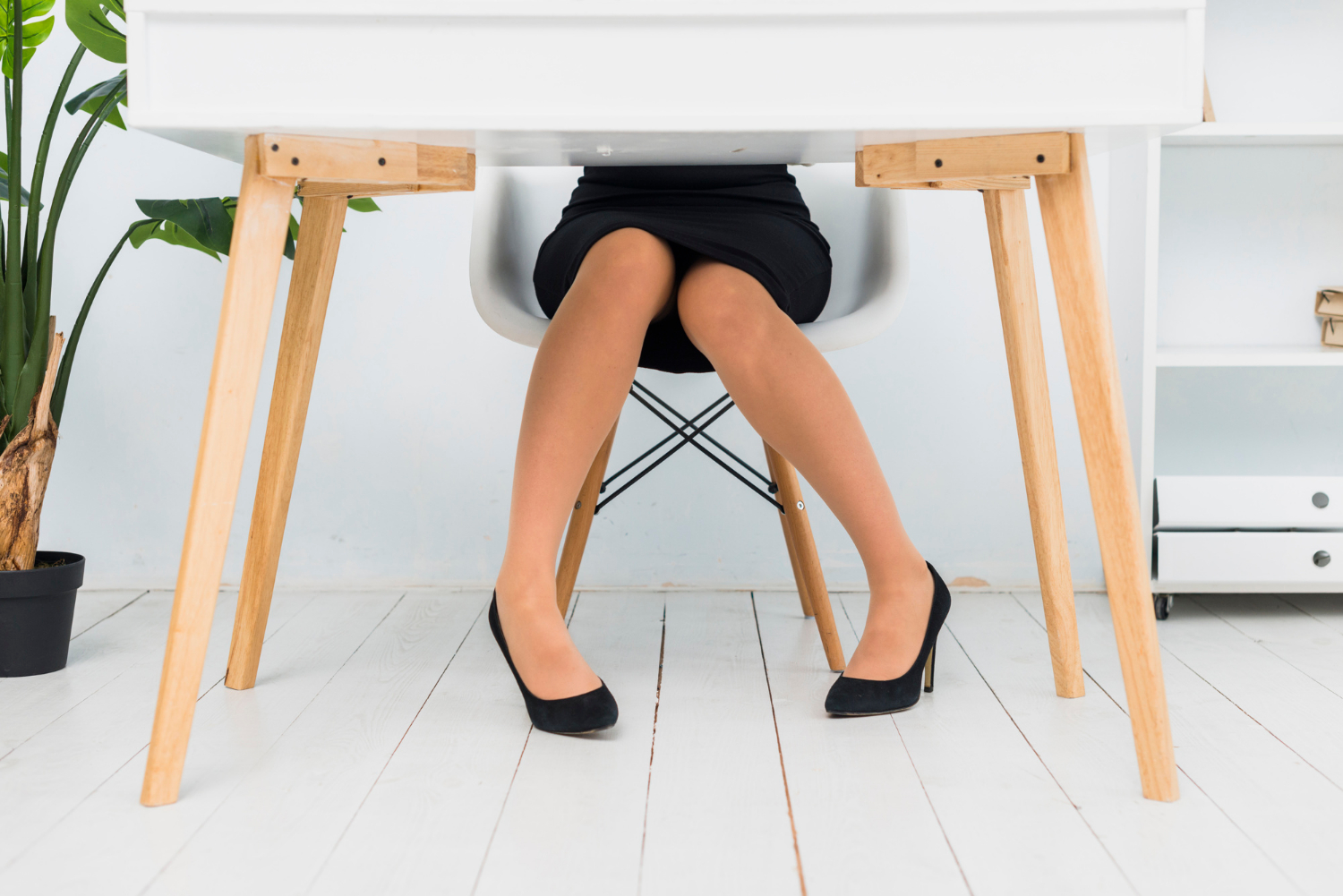A healthier bladder as you age is not just a dream—it can be your reality. As time marches on, it’s easy to overlook how our bodies change, especially when it comes to our bladder health. This vital organ plays a crucial role in your everyday comfort and well-being. Let’s dive into practical, straightforward tips that can help you maintain a healthy bladder, keeping you active and vibrant in every decade of life.
Contents
Understanding Bladder Health
Your bladder is a muscular sac that holds urine until it’s ready to be released. Aging can bring various changes, such as decreased bladder capacity and heightened urgency. These changes can lead to some uncomfortable situations and might even affect your social life or self-esteem. It’s time to take charge and empower yourself with knowledge and practical strategies.
1. Stay Hydrated—But Be Smart About It
Drinking enough water is essential for your overall health, but how much is enough? Aim for 6 to 8 glasses a day. Proper hydration helps dilute the urine, reducing the risk of bladder irritation. However, try to limit your intake before bedtime to minimize those late-night bathroom trips.
Tip: Consider sipping herbal teas or infused waters for variety and added benefits.
2. Mind Your Diet
Your diet plays a pivotal role in bladder health. Some foods can irritate your bladder and lead to discomfort, while others can support your health.
Foods to Avoid:
- Caffeine: Found in coffee, tea, and some sodas. It acts as a diuretic, increasing urgency.
- Alcohol: It can be a major irritant, leading to inflammation.
- Spicy Foods: These can upset the bladder lining.
Foods to Embrace:
- Berries: Packed with antioxidants, they can help keep your bladder healthy.
- Leafy Greens: Spinach and kale are great for overall well-being.
- Whole Grains: Oats and brown rice can provide fiber, aiding digestion.
Tip: Keep a food diary to identify any personal triggers that may irritate your bladder.
3. Kegel Exercises Are Your Best Friend
Kegel exercises aren’t just for new mothers—they’re for anyone wanting to strengthen their pelvic floor. These muscles support your bladder and can help improve control.
How to Do Kegels:
- Identify your pelvic floor muscles (try stopping urination midstream).
- Tighten these muscles and hold for 5 seconds.
- Relax for 5 seconds.
- Repeat 10-15 times, three times a day.
Tip: Incorporate Kegel exercises into your daily routine, perhaps while you’re doing dishes or watching TV.
4. Maintain a Healthy Weight
Excess weight can put added pressure on your bladder, leading to issues such as incontinence. A balanced diet paired with regular exercise can help you achieve and maintain a healthy weight.
Simple Ways to Stay Active:
- Walking: Aim for at least 30 minutes a day.
- Strength Training: Incorporate exercises that build muscle mass.
- Yoga: It can improve flexibility and core strength, benefiting your pelvic floor.
Tip: Find an activity you genuinely enjoy; it makes staying active feel less like a chore.
5. Avoid Smoking
Smoking isn’t just harmful to your lungs; it also irritates your bladder. Studies have shown that smokers are more likely to experience bladder control issues. Quitting can significantly improve your bladder health and overall quality of life.
Tip: Seek support from healthcare providers or support groups to make the transition smoother.
6. Regular Check-Ups Are Key
As you age, regular check-ups become increasingly important. Your healthcare provider can help identify any bladder issues early on.
What to Discuss:
- Any changes in urination patterns
- Pain or discomfort
- Urgency or incontinence
Tip: Prepare a list of questions and concerns before your appointment to ensure you cover everything.
7. Manage Stress Effectively
Believe it or not, stress can affect your bladder. When you’re anxious, your body may react in ways that increase urgency or frequency.
Stress-Reduction Techniques:
- Meditation: Just a few minutes a day can help calm your mind.
- Deep Breathing Exercises: These can reduce tension and promote relaxation.
- Hobbies: Engage in activities that you love and that bring you joy.
Tip: Take a few moments each day to check in with your feelings and practice self-care.
Bottom Line
Taking charge of your bladder health is not just about managing symptoms; it’s about enhancing your quality of life as you age. By staying hydrated, minding your diet, doing Kegel exercises, maintaining a healthy weight, quitting smoking, having regular check-ups, and managing stress, you can pave the way for a healthier bladder.
You deserve to feel confident and comfortable in your body. It’s never too late to start making changes that will benefit you now and in the years to come.
Take one step today towards a healthier you. Whether it’s drinking an extra glass of water or trying out Kegel exercises, small changes can lead to big improvements.
FAQ
What are Kegel exercises?
Kegel exercises strengthen the pelvic floor muscles, helping improve bladder control.
How often should I do Kegel exercises?
Aim for three sets of 10-15 repetitions daily.
Can certain foods irritate my bladder?
Yes, foods like caffeine, alcohol, and spicy items can be irritants.
When should I see a doctor about bladder issues?
If you experience sudden changes in urination patterns, pain, or discomfort, consult your healthcare provider.
Remember, your bladder health is in your hands. Let’s make it a priority!








